
Abuse and improper use of air conditioning can pose many potential health risks (Photo: Getty).
Potential disease hotbed?
In the context of intense heat, air conditioning becomes an indispensable device, providing comfort and maintaining stable temperature.
However, health experts warn that besides the obvious benefits, overuse or improper maintenance of air conditioners can pose many serious health risks, especially the risk of "Indoor Sickness Syndrome" and respiratory diseases.
According to the Conversation , many studies have shown a link between poorly functioning air conditioning systems and an increase in health problems, most notably "Sick Building Syndrome" (SBS).
This is a health condition that develops when people are exposed to poor indoor air quality over time, often due to inefficient air conditioning systems.
"Sick House Syndrome" and its Consequences
Symptoms of SBS are varied and include headaches, dizziness, nasal congestion, persistent cough, skin irritation, difficulty concentrating and fatigue. Notably, these symptoms often become more severe when the person spends a long time in a poorly conditioned environment and significantly improve when they leave.
A study conducted in India in 2023 on 400 healthy adults further reinforced these concerns.
Results showed that the group of people working 6-8 hours a day in an air-conditioned office recorded higher rates of allergies, decreased lung function and significantly more sick days than the group not working in a similar environment.
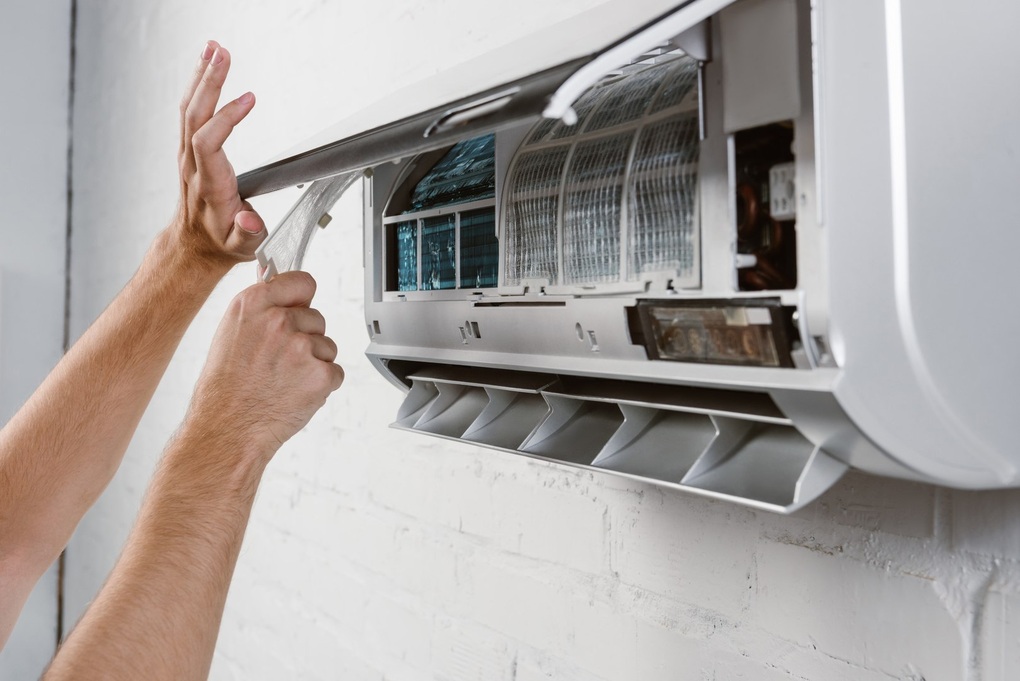
It is important to clean the air conditioner regularly (Photo: Getty).
The main cause has been identified as the ability of air conditioning systems to release allergens, toxic chemicals and microorganisms when not properly operated and maintained. Chemicals such as benzene, formaldehyde and toluene, which can be released from building materials or air conditioning cleaning products, are released into the air, causing respiratory irritation and increasing the risk of lung disease.
Particularly dangerous, poorly maintained air conditioning systems can also become a haven for Legionella pneumophila bacteria – the agent that causes Legionnaires' disease.
This is a severe form of pneumonia transmitted by inhaling droplets containing bacteria, often found in hotels, hospitals or offices. Symptoms include fever, cough, difficulty breathing, chest pain and fatigue, and can even be life-threatening.
Home to mold and viruses
Not only bacteria, air conditioning systems are also an ideal environment for mold growth. Hospital studies have shown that fungi such as Aspergillus, Penicillium, Cladosporium and Rhizopus often accumulate in moist parts of ventilation systems.
These fungi can cause serious illness in people with weakened immune systems, organ transplant patients, or premature infants. Respiratory fungal infections often present with persistent cough, fever, difficulty breathing, and unexplained weight loss.
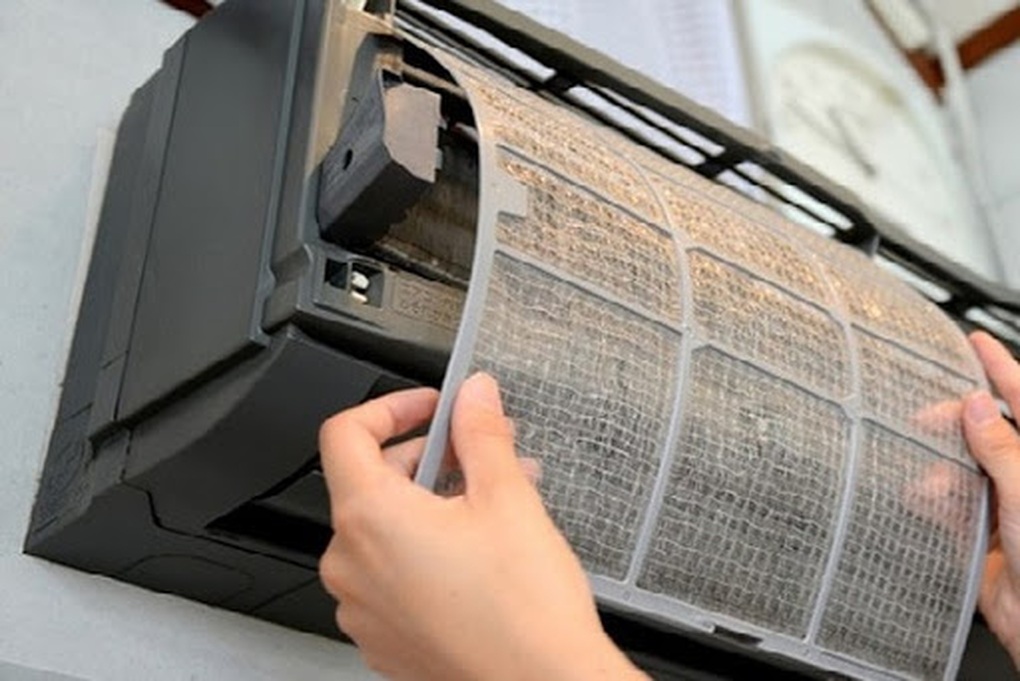
Air conditioner filters become "bacteria nests" after a long time of use (Photo: Getty).
More dangerously, the virus can also spread through the air conditioning system. A typical case in China recorded more than 20 kindergarten children with stomach flu due to norovirus spreading from the air conditioning system of the toilet.
Although norovirus is typically transmitted through direct contact or contaminated surfaces, this study confirmed the possibility of airborne transmission under special conditions.
Health protection solutions
However, air conditioning is not a threat if properly maintained. Studies have shown that regularly cleaned systems can help reduce airborne viral loads, including SARS-CoV-2, which causes COVID-19.
Maintaining proper humidity and changing filters regularly not only improves the ability to filter dust, fungal spores and bacteria, but also helps reduce dryness of the nasal and throat mucosa, thereby reducing the risk of sinusitis and respiratory infections.
Experts recommend that users should regularly maintain their air conditioning systems, clean the filters at least every few months and ensure the ventilation system is operating effectively.
These are important solutions to maintain indoor air quality and protect health from the risks of "Sick Building Syndrome" and infectious diseases related to air conditioning.
Source: https://dantri.com.vn/khoa-hoc/dieu-hoa-khong-khi-o-chua-vi-khuan-neu-bi-bo-quen-20250812075438362.htm






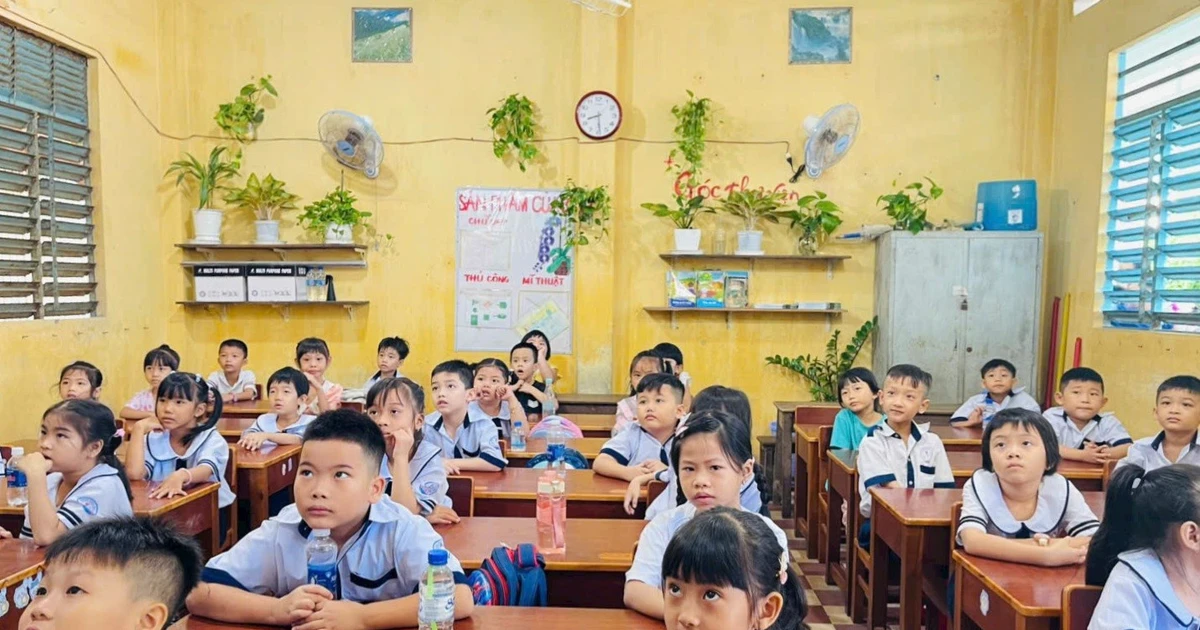



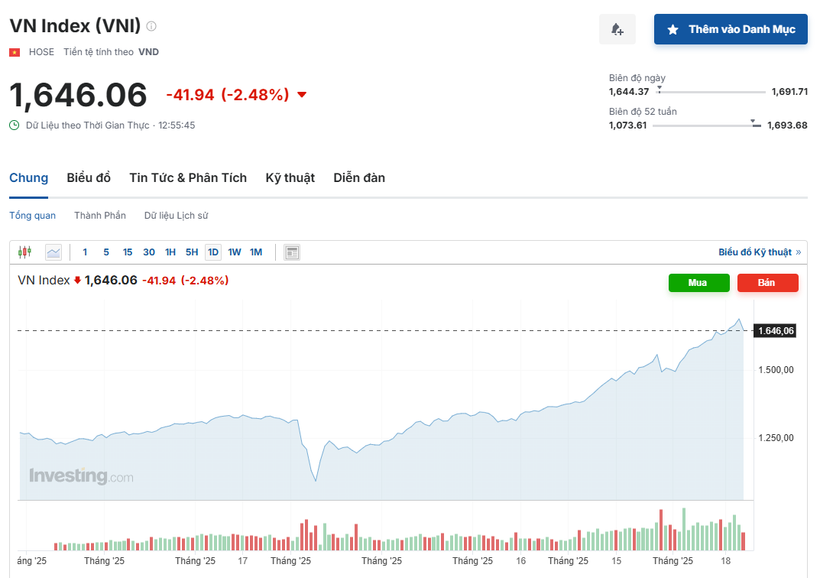














![[Photo] Scientific workshop "Trade unions with the task of participating in state management and building a socialist rule of law state"](https://vstatic.vietnam.vn/vietnam/resource/IMAGE/2025/8/22/789f6384ec37466098a8bcb531deb281)



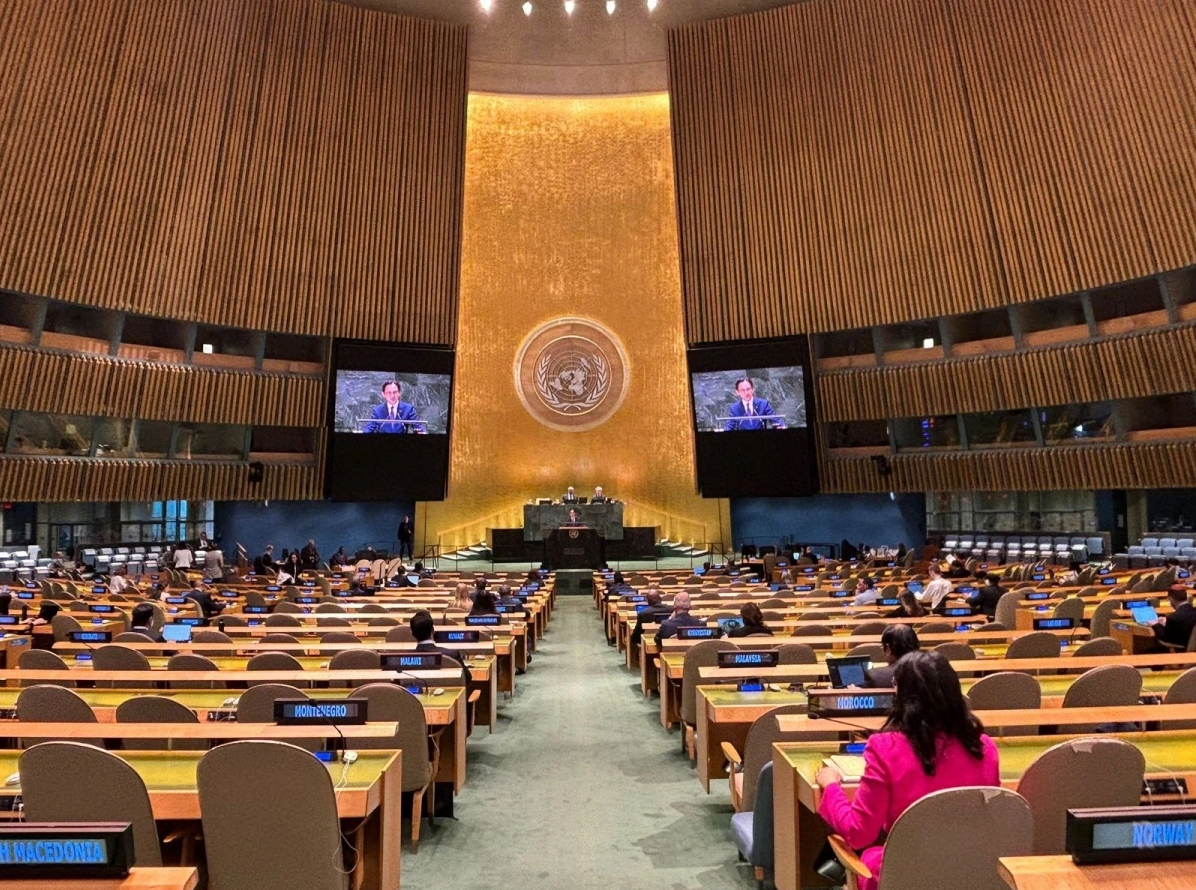








































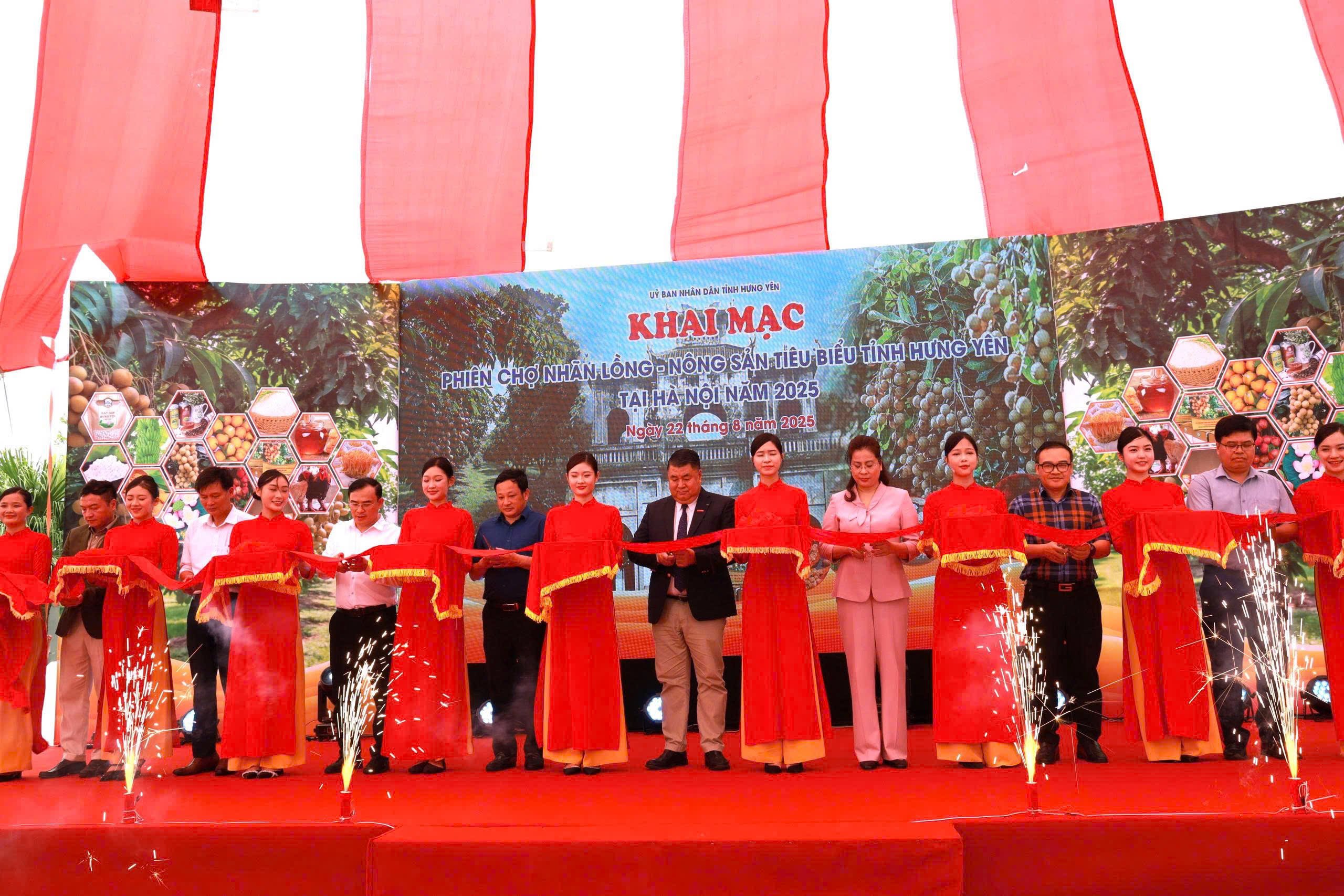


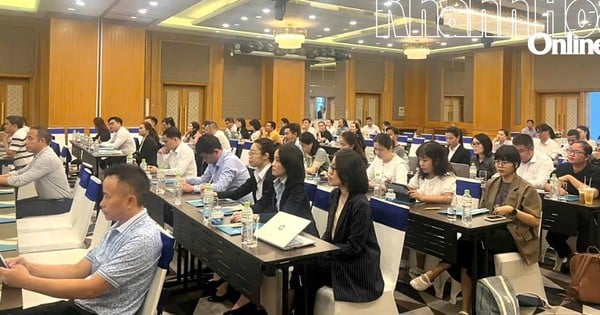

























Comment (0)